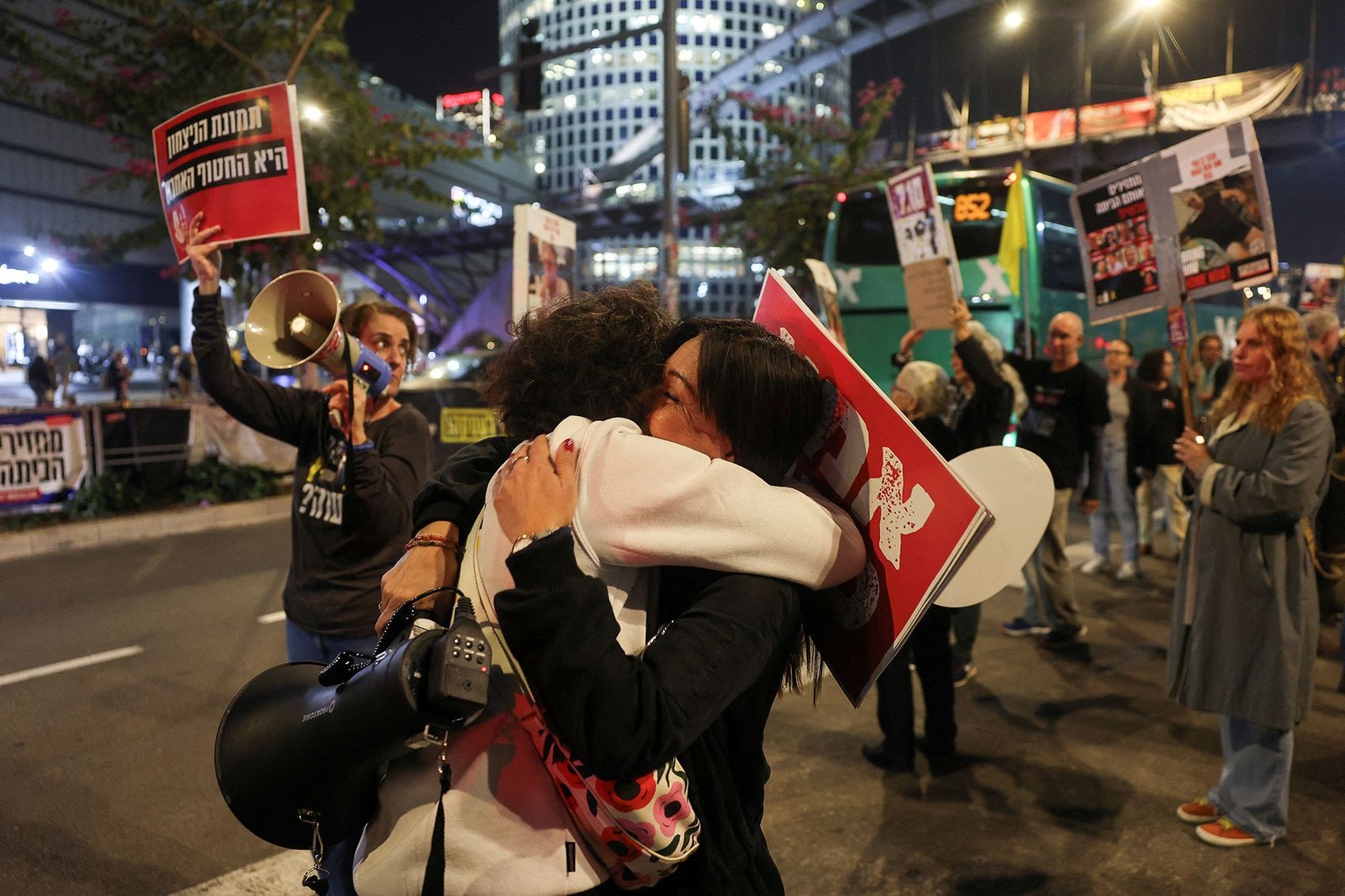PAKISTAN: Pakistan’s Prime Minister Shehbaz Sharif used his address at the United Nations General Assembly to accuse India of launching strikes on Pakistani territory and deliberately targeting civilians. He said Pakistan had offered a fair and transparent inquiry into the incidents, but claimed India rejected the proposal. The speech reflected a heightened level of tension between the two nuclear-armed neighbors and sought to portray Pakistan as acting in self-defense rather than provocation. Sharif’s remarks drew wide attention because they mixed allegations of aggression with a clear warning over future actions.
He asserted that Pakistan had responded “decisively” to what he described as Indian attacks, saying that Pakistani forces had downed seven Indian jets during the confrontation. While these claims have not been independently verified and India has publicly denied them, they formed a central part of his narrative before the UN. Sharif argued that such responses demonstrated Pakistan’s resolve to defend its sovereignty and to show that its armed forces were prepared to meet any escalation with force. The statement was designed to signal both deterrence to India and reassurance to a domestic audience.
Sharif also issued an unusually strong warning regarding the Indus Waters Treaty, a longstanding agreement that regulates the sharing of river waters between India and Pakistan. He said any violation of the treaty would be treated as an act of war, framing water security as a national red line. This part of the speech resonated deeply in Pakistan, where water scarcity and concerns over upstream Indian projects already fuel public anxiety. The prime minister’s message underscored how environmental and resource issues are increasingly entwined with regional security and could become a flashpoint if left unresolved.
At the same time, Sharif praised the role of the United States in de-escalating tensions, crediting Washington with intervening at a critical moment to prevent the situation from spiraling into open conflict. By doing so, he presented Pakistan as both a responsible actor willing to cooperate with international partners and a country determined to stand firm on its security concerns. He ended his remarks by reaffirming Pakistan’s resolve to protect its sovereignty, uphold international agreements, and seek diplomatic solutions when possible, while maintaining readiness for any potential confrontation with India.



